68 F. high yesterday in the cities, coolest daytime high since May 28.
81 F. average high for August 12.
77 F. high last year on August 12, 2011.
Trace of rain fell at MSP International Airport
Significant Correction. After simmering thru June
and July the pattern is finally shifting, allowing more frequent and
intense surges of Canadian air to spill south of the U.S. border. The
8-14 temperature outlook from NOAA SPC shows a cool biast from the
Northern Plains into the Great Lakes, hotter than average predicted for
the southeast. Map:
Ham Weather.
116 new Olympic records set in London. It seems
that, for a gloriously quiet, 2 week spell in August, 2012, the world
community struck gold.
Photo credit: "
This image taken with a fisheye lens shows
fireworks during the Closing Ceremony at the 2012 Summer Olympics,
Sunday, Aug. 12, 2012, in London." (AP Photo/Charlie Riedel)
50 consecutive days of 90+ heat in Wichita, Kansas. The all-time record is 52 days/row.
"
The government’s latest estimate of this year’s harvest,
released Friday, was even worse than expected. After predicting a
bumper crop of nearly 15 billion bushels of corn in June, the USDA
Friday predicted a harvest of less than 11 billion bushels, 13 percent
below last year's level. Expected corn yields were slashed from June’s
estimate of 166 bushels per acre to just 123 bushels, some 25 percent
below normal. Inventories of soybeans, widely used as livestock feed
from India to Indiana, will be the smallest in nine years." - from an NBC News summary of the drought; details below.
Photo credit above: "
Rep. Tom Latham (R-Iowa) examines
soybeans growing on John Askew's farm, which has been affected by
drought, in Thurman, Iowa, Aug. 10, 2012. With lawmakers at home for a
Congressional summer recess, constituents are venting their anger over
delays in enacting a new five-year farm bill." (Steve Hebert/The New York Times)
"
However, the summer figures provide the real shock. In 2004
there was about 13,000 cubic kilometres of sea ice in the Arctic. In
2012, there is 7,000 cubic kilometres, almost half the figure eight
years ago. If the current annual loss of around 900 cubic kilometres
continues, summer ice coverage could disappear in about a decade in the
Arctic." - excerpt from an article at The Guardian below; new
research from The European Space Agency's CryoSat-2 satellite suggests
summer ice loss in the Arctic is 50% higher than computer models have
been predicting.
"
As a single individual, none of us can alter such massive and
overwhelming situation. It seems utterly meaningless to foul our
planetary nest. But there is meaning to be found here. The meaning
resides in the very source of the problem, human nature. Human beings
place their desires ahead of the collective good. We consider ourselves
more important than the ecology, which is rooted in the belief that we
are above Nature herself, a privileged species that need answer to no
one, not Nature, not God...." - Deepak Chopra, from an Op-Ed at sfgate.com; details below.
Grain Prices Soar As Drought Deepens. Here's an excerpt of a story (and slide show) from
NBC News:
"The worst American drought in more than half a century is driving up
grain prices and deepening worries about global food shortages. With
much of the corn crop already lost, farmers are holding out hope for
some weather relief that could help salvage the harvest of soybeans and
other. But the latest data from the government Friday showed that the
damage to the food supply chain already has been done. “This is worse
than 2008 -- we’re in kind of a perfect storm scenario,” said Ana
Puchi-Donnelly, senior agricultural commodities trader at London-based
Marex Spectron. “We won’t really know until the whole crop is
harvested. We’re talking about the worst drought in the last 50 to 70
years in one of the hottest years on record."
Photo credit above: "Drought
conditions plague much of the United States after a summer of
scorching temperatures and a lack of rain. The dryness is affecting
America's farmland, threatening crops like soybean and corn."
Hundred Year Forecast: Drought. Is drought occuring
with greater frequency and intensity? How extraordinary is the current
drought - impacting more than 62% of the USA? Here's an excerpt from an
excellent Sunday
New York Times story: "...
Indeed,
scientists see signs of the relationship between warming and drought
in western North America by analyzing trends over the last 100 years;
evidence suggests that the more frequent drought and low precipitation
events observed for the West during the 20th century are associated
with increasing temperatures across the Northern Hemisphere. These
climate-model projections suggest that what we consider today to be an
episode of severe drought might even be classified as a period of
abnormal wetness by the end of the century and that a coming megadrought
— a prolonged, multidecade period of significantly below-average
precipitation — is possible and likely in the American West."
Graphic credit above:
Sources: Henri D.
Grissino-Mayer, University of Tennessee, "A 2,129-Year Reconstruction
of Precipitation for Northwestern New Mexico, USA," 1996; David M.
Anderson, National Oceanic and Atmospheric Administration National
Climatic Data Center. Graphic: Bill Marsh, The New York Times.
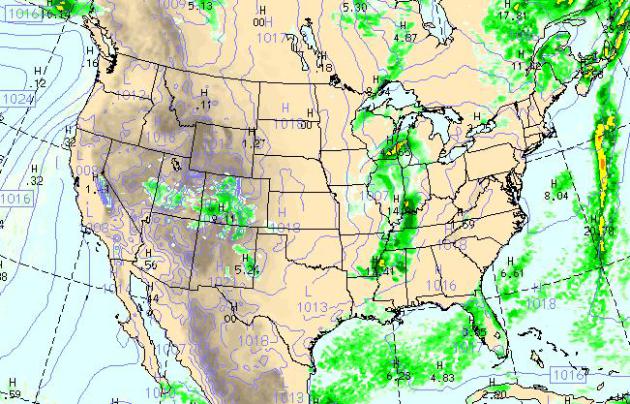 Monday Weather Map
Monday Weather Map.
The WRF model, valid at 1 pm today, detects a few lingering showers
over Wisconsin (east metro stands the best chance of another shower or
sprinkle). The east coast dries out, dry (and very hot) out west. The
only rain stretches from an upper level disturbance sparking a swirl of
showers from Madison and Chicago south to Memphis.
Monday Severe Threat.
A swirl of cold air aloft may help to ignite a few severe storms later
today from Louisville and Evansville southward to Memphis and Jackson,
Mississippi. Map: SPC.
 Something For The Entire Family
Something For The Entire Family.
The ECMWF (European) model hints at a lingering shower or two today
(best chance east of St. Paul), but warm, dry weather returns tomorrow,
highs in the upper 80s by Wednesday. The arrival of another cool push
may spark strong to potentially severe T-storms late Wednesday and
Wednesday night, another welcome dip in temperature and dew point by
Thursday and Friday. Next weekend looks partly sunny, highs ranging from
70-75 F, just barely warm enough for the lake (although lake water
temperatures may be warmer than air temperatures). Another warm-up is
brewing next week; I wouldn't be surprised to see a few days near 90.
Monday: Golf For "SAVE". It's an annual adventure up
at the one-of-a-kind TPC course in Blaine on Monday, and I hope you
can join us. Too many of us have lost family, friends and colleagues to
suicide. Each one is a personal tragedy that has shock waves in
families and communities. The trends are troubling, but depression can
be successfully treated, if caught in time.
SAVE is
based in Bloomington with a national outreach. Their counselors are
saving lives today, and this tournament raises funds so they can keep
manning hotline phones, counseling, reaching out in schools and nursing
homes, even testifying before Congress. Dr. Dan Reidenberg has more
details on Monday's tournament:
"We have 3 open foursomes and would LOVE it if any of them got
filled! The cost is $2,500 and includes everything (driving range,
putting green, lunch, golf, contests, dinner, great silent auction,
program) at the private, prestigious TPC in Blaine. It would be amazing
if someone wanted one of these last few spots, and all for a good cause
too. Why should they come out for this Monday:
* It'll be a great day with perfect weather; $5,000 cash hole-in-one
contest, gift cards from local sports stores, special gift for golfers
from the Mall of America, pictures with me (wow), Bill Popp from
Popp.com, free cigars and much more!
* To support a local charity that doesn't get the public attention because of the topic.
* Because suicide is the 2nd leading cause of death for youth in our state, 3rd leading cause of death for all adults.
* To help reduce the stigma surrounding mental illness by
participating in the event, especially wen there are 25 million adults
living with clinical depression every day.
Bottom line: for every dollar raised by golfers
coming out, we can literally save lives! A $2,500 golf foursome allows
SAVE to distribute 12,500 wallet cards to youth, military and law
enforcement personnel with life-saving information on it.
Why support SAVE? We are the nation's leading
suicide prevention agency; we distribute over 75 million public service
announcements each year nationwide; we educate and train over 15,000
people each year; we distribute over 60,000 pieces of material worldwide
each year; we take approximately 1,500 crisis and grief support calls
each year; we work directly with Facebook, Google, Twitter, Microsoft
and others on new, lifesaving technology; we are part of leading the
worldwide community in developing a national research prioritization
process of suicide prevention.
** Non-golfers are more than welcome for the appetizer hour, silent
auction and dinner program beginning at 5:30 pm. Tickets for that are
$30. More on SAVE's upcoming events
here.
Pyrocumulus. From the NWS office in Pocatello, Idaho via
Mark Zuckerberg: "
Hot
and dry days are also dangerous days when it comes to wildfires. These
conditions often promote large growth and spread of wildfires. This is
a classic pyrocumulus cloud from the Halstead Fire near Stanley." Photo is courtesy of IMET Stefanie Sullivan.
Perseid Meteor Shower. One of the most spectacular
meteor showers of the year peaked last weekend, although you may still
be able to see a few lucky shooting stars later tonight, as skies
finally clear. Details from
spaceweather.com: "
Earth
is entering a stream of debris from Comet Swift-Tuttle, source of the
annual Perseid meteor shower. Worldwide observers are now reporting more
than 30 Perseids per hour, a number that could triple during the
weekend when Earth reaches the heart of the debris zone. Forecasters
recommend looking during the dark hours before dawn, especially Sunday
morning, August 12th, when activity is expected to be highest."
Olympic Bodies: They Just Don't Make Them Like They Used To. NPR
has a fascinating article (and some great graphics) showing the
evolution of Olympic athletes over the years; here's an excerpt: "
The
Olympic Games seem to celebrate the extremes of athletic physique —
from tiny gymnasts to impossibly huge shot-putters. But why are they
shaped that way? We've put together an infographic
that explores how athletes' bodies have changed over the last century,
and the role physics plays in each event. Here on Shots, we're taking a
look at some of the athletes featured in the graphic."
"Faster, Higher, Stronger." Here is an excellent 29 minute
YouTube clip from the BBC focused on what it takes to become an Olympic-caliber gymnast: "
Part
of a series of documentaries looking at the rise in popularity and
landmark events in Olympic competition. This episode looked at the
development of gymnastics and the rise in popularity thanks to athletes
such as Larissa Latynina, Vera Caslavska, Olga Korbut and Nadia
Comaneci."
Who Knew? My favorite excerpt of the week, courtesy of
NPR: "
Condoms
have been provided free of charge at the Olympic Village since the
1992 Barcelona Games. And they've been distributed in progressively
copious amounts. Some 100,000 were provided for Beijing's 2008 Games,
printed with the Olympic motto "Faster, Higher, Stronger."
And The Gold Medal for Wild Debauchery Goes To. What
happens when the cameras aren't on and athletes return to the Olympic
Village for the evening? Not sure you want to know. Let's just say
there's not a lot of reading and Facebooking going on. ESPN has a
hair-raising story of what happens, behind the scenes,
here.
"Old fishermen never die....they just smell that way."
Sloppy Sunday. It could have been worse. A trace of
rain fell at KMSP as of 7 pm, .03" of rain in Eden Prairie (southwest
suburbs saw the most showers, as expected). Redwood Falls was soaked
with 1.33" rain, while the sun broke through north of Little Falls - not
a bad day in the Brainerd Lakes area. Highs were the coolest since late
May, ranging from 60 at Redwood Falls (because of thick clouds and
heavy rain) to 68 St. Cloud, and 74 at Eau Claire.
Paul's Conservation Minnesota Outlook for the Twin Cities and all of Minnesota:
TODAY: More clouds than sun, isolated shower or sprinkle (better chance of showers over Wisconsin). Winds: NW 10-15. High: 76
MONDAY NIGHT: Partial clearing, still comfortable. Low: 59
TUESDAY: Warm sun, a fine summer day. Dew point: 52. High: 82
WEDNESDAY: Muggy and hot with fading sun. Strong T-storms late. Dew point: 63. Low: 63. High: 88
THURSDAY: Partly sunny, cool breeze. Dew point: 55. Low: 64. High: 72
FRIDAY: Cool sun, low humidity - more hints of September. Dew point: 48. Low: 55. High: 69
SATURDAY: Partly sunny, lukewarm. Dew point: 50. Low: 54. High: 72
SUNDAY: Mix of clouds, some sun. Dew point: 55. Low: 55. High: 76
* more 80s return next week, even a shot at 90+ by next Tuesday.
Olympic Gold
It's easy to be a cynic these days. Turn on the
tube, open up a newspaper - chance are you'll be shaking your head in
despair before the first sip of coffee.
Maybe I'm just getting sappy in my advancing
years but I thought the 2012 London Olympics was extraordinary. The
athletics were breathtaking, but the stories of courage, comebacks and
perseverance struck a real chord. Forget the gold medal count. 116 new
Olympic records! A runner with prosthetic legs. For the first time our
U.S. team had more women than men participating.
Milestone after
milestone.
And call me crazy, but I thought NBC did a great job. Some people just like to hear themselves whine.
A local TV news director put it best. "News
highlights the worst in human nature: creeps, criminals & deviants.
But sports celebrates our best traits - the things that unite all of us
as human beings."
Extreme heat shifts into the western U.S. this
week. Leftover clouds today give way to a few days above 80. Strong
T-storms late Wednesday signal the arrival of the next puff of cool,
Canadian air by late week.
A partly sunny, lukewarm weekend gives way to a few days near 90 next week. Right now I do not see a rerun of sauna-like heat.
I'm OK with that.
Photo credit above: "Fireworks soar
over the Olympic Stadium during the Closing Ceremony at the 2012 Summer
Olympics, Sunday, Aug. 12, 2012, in London." (AP Photo/David J. Phillip)
Climate Stories....
"This is the sign of the covenant that I
make between me and you and every living creature that is with you, for
all future generations." Genesis 9:12
Arctic Warming 2-4 Times Faster Than The Global Average. Here's an eye-opening excerpt from a research paper at Geophysical Research Letters: "
The
Arctic is warming two to four times faster than the global average.
Debate continues on the relative roles of local factors, such as sea ice
reductions, versus remote factors in driving, or amplifying Arctic
warming. This study examines the vertical profile and seasonality of
observed tropospheric warming, and addresses its causes using
atmospheric general circulation model simulations. The simulations
enable the isolattion and quantification of the role of three
controlling factors of Arctic warming: (1) observed Arctic sea ice
concentration (SIC) and sea surface temperatures (SST) changes; (2)
observed remote SST changes, and (3) direct radiative forcing (DRF) due
to observed changes in greenhouse gases, ozone, aerosols, and solar
output. Local SIC and SST changes explain a large portion of the
observed Arctic near-surface warming, whereas remote SST changes explain
the majority of observed warming aloft. DRF has primaritly contributed
in Arctic tropospheric warming in summer."
Rate Of Arctic Summer Sea Ice Loss Is 50% Higher Than Predicted. Some troubling news from the U.K.
Guardian; here's an excerpt: "
Sea ice in the Arctic
is disappearing at a far greater rate than previously expected,
according to data from the first purpose-built satellite launched to
study the thickness of the Earth's polar caps. Preliminary results from
the European Space Agency's CryoSat-2 probe indicate that 900 cubic kilometres of summer
sea ice has disappeared from the Arctic ocean over the past year. This
rate of loss is 50% higher than most scenarios outlined by polar
scientists and suggests that global warming, triggered by rising
greenhouse gas emissions, is beginning to have a major impact on the
region. In a few years the Arctic ocean could be free of ice in summer,
triggering a rush to exploit its fish stocks, oil, minerals and sea
routes." Photo: NASA.
Sea Ice Decimated, Huge Storm May Have Broken Arctic Ocean Stratification.
Some of the climate scientists I'm in touch with were fixated on what
was happening at the top of the world last week, a remarkably strong
storm for August; central pressure 966 millibars, or 26.54" mercury. The
theory: less ice is triggering more warming and moisture, fueling
larger storms and higher winds, which (in turn) may be helping to break
up and thin out the remaining Arctic ice. Here's an excerpt of an
article at
The Daily Kos: "
A
huge, long-lived Arctic ocean storm has decimated the sea ice area
which was melting out at a record rate before the high waves and winds
shattered the Siberian side of the ice cap.....I understand Neven's
position that we should wait and see what the impact of the storm will
really be after the clouds are gone, but let me tell you that I have a
very bad feeling about this one. Last year, with the "flash melt" during
the November storm, I was confident that the "flash melt" was mostly
caused by sea water flushing over the ice, which only temporarily (and
artificially) confuses the satellite sensors in believing that large
swats of ice have turned to water. At that time, the ocean flux data
from ITP buoys revealed that ocean water was stirred up down to 25
meter or so, which caused some salty water to bubble up to under the
ice, with the potential to 'flash' melt out about 10 cm from the bottom
of the ice pack."
Graphic credit above: "
The sea ice area for August 9 was
lower this year than in previous years as determined by Cryosphere
Today of the University of Illinois. The rate of area loss is the
highest since measurements began in 1979."
Arctic Sea Ice Forecast: "It's Going To Be Tough To Stay Cool". Here's a snippet from Gareth Renowden at
Climate Change, The Next Generation:
"Bad news from the Arctic is piling up as we head into the last few
weeks of the melting season. The various measures of sea ice area,
volume and extent and plummeting towards a new record minimum. I have
therefore reviewed the Arctic sea ice melting seasons since 2007, and
compiled my own forecast of how the rest of the year is going to pan
out. Remember, you read it here first....
When Arctic sea ice sets a new record low in the next couple of
weeks, the usual suspects will say "you can't trust area, sea ice extent
is the only valid metric".
When Arctic sea ice extent sets a new record low in September, the following arguments will be run in parallel:
* There will be a frantic search for a definition of extent in which a new record was not set.
* There will be a complaint that the satellite record has been
blighted by the failure of a sensor and the calibrations needed to get a
new sensor in operation have corrupted the record.
* It will be claimed that it was all caused by the major Arctic storm
that hit in August, and thus can't be attributed to global warming.
Photo credit: Kathryn Hansen, NASA.
Global Warming And The Meaning Of Doom. This is why
so many people turn off their brain when the subject of climate change
comes up - they want to avoid the gloom and doom headlines. It's easier
to ignore the subject or deny it altogether. Many feel hopeless,
depressed. "What can any one person do?" I get it. In fact many won't
accept a problem until and unless there's an obvious and viable
solution. There are solutions to AGW, but it's going to take a concerted
global effort, putting a price on carbon and methane pollution, and
then turning the markets loose to create technologies that can mitigate
some of the worst symptoms of a warming atmosphere. Here's an except of a
Deepak Chopra Op-Ed at
sfgate.com: "
Alarming
data and warnings about climate change have been with us for twenty
years. The issue has morphed into something like a low-level toothache.
The public is numbed by all the bad news, and in place of sensible
solutions, we witness the folly of political polarization. You can't
believe in climate change and be a good conservative. This departure
from fact-based reality is only part of the problem. China and the
U.S., who produce 40% of the world's harmful emissions, block measures
to reverse the trend toward global warming for purely selfish reasons -
two rich economies want to preserve the status quo.
One can react to this situation in various ways, leading to a choice of tactics.
-Mount a vigorous public crusade with greater signals of alarm.
- Rely on future technology to reverse the harm done to the atmosphere.
- Prepare for a future with a drastically different ecological balance.
- Do nothing, except perhaps pray."
Signs Of Climate Change. Yes, I've made a startling
discovery: people are much more likely to admit that climate change is
taking place during the hot summer months than during February. It's
easy to confuse weather and climate. I was struck by an Op-Ed in
The New York Times; here's an excerpt: "
...During
hot spells, for example, more people accept that climate is changing,
but a colder spell reverses those opinions. Everybody understands
weather: it’s hot, cold, raining, snowing, windy and so on. Fewer
people understand that a region’s climate is the frequency of such
weather events: how often does it rain or get hotter than, say, 90
degrees? The Hansen paper shows that these frequencies have changed
substantially, both globally and throughout the Northern Hemisphere. Hot
and very hot days have become more frequent; very cold days less
frequent."

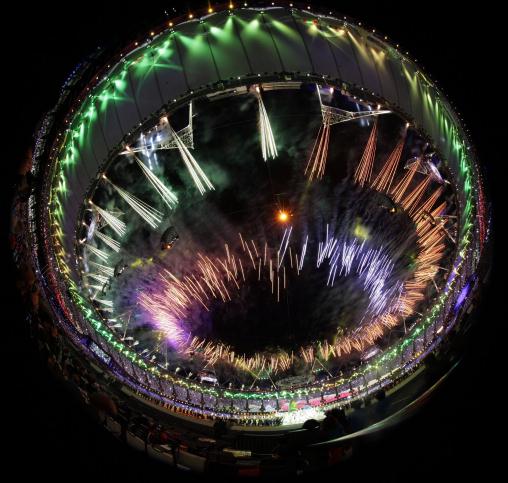
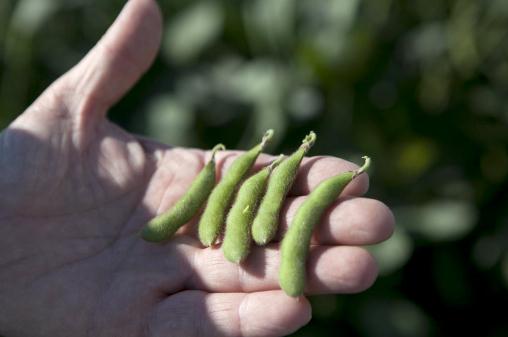
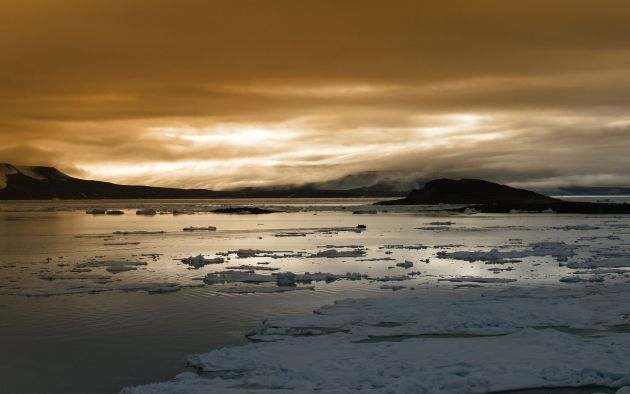
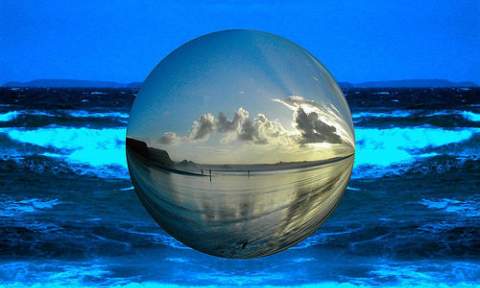
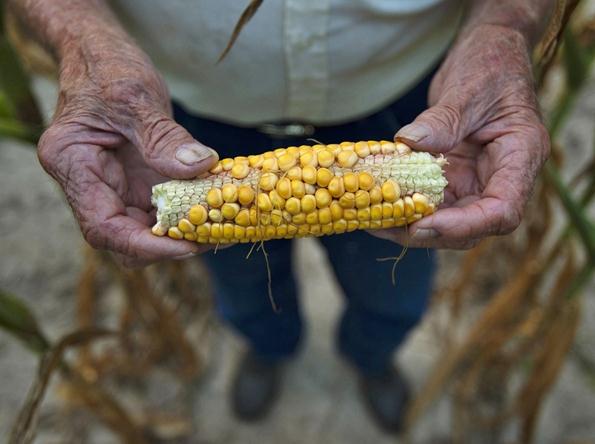
 Monday Weather Map.
The WRF model, valid at 1 pm today, detects a few lingering showers
over Wisconsin (east metro stands the best chance of another shower or
sprinkle). The east coast dries out, dry (and very hot) out west. The
only rain stretches from an upper level disturbance sparking a swirl of
showers from Madison and Chicago south to Memphis.
Monday Weather Map.
The WRF model, valid at 1 pm today, detects a few lingering showers
over Wisconsin (east metro stands the best chance of another shower or
sprinkle). The east coast dries out, dry (and very hot) out west. The
only rain stretches from an upper level disturbance sparking a swirl of
showers from Madison and Chicago south to Memphis.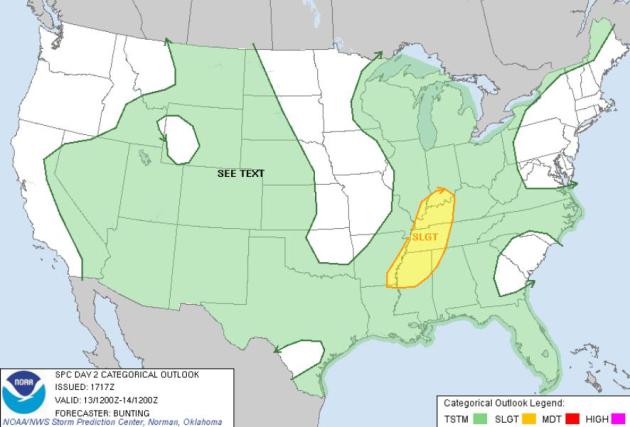
 Something For The Entire Family.
The ECMWF (European) model hints at a lingering shower or two today
(best chance east of St. Paul), but warm, dry weather returns tomorrow,
highs in the upper 80s by Wednesday. The arrival of another cool push
may spark strong to potentially severe T-storms late Wednesday and
Wednesday night, another welcome dip in temperature and dew point by
Thursday and Friday. Next weekend looks partly sunny, highs ranging from
70-75 F, just barely warm enough for the lake (although lake water
temperatures may be warmer than air temperatures). Another warm-up is
brewing next week; I wouldn't be surprised to see a few days near 90.
Something For The Entire Family.
The ECMWF (European) model hints at a lingering shower or two today
(best chance east of St. Paul), but warm, dry weather returns tomorrow,
highs in the upper 80s by Wednesday. The arrival of another cool push
may spark strong to potentially severe T-storms late Wednesday and
Wednesday night, another welcome dip in temperature and dew point by
Thursday and Friday. Next weekend looks partly sunny, highs ranging from
70-75 F, just barely warm enough for the lake (although lake water
temperatures may be warmer than air temperatures). Another warm-up is
brewing next week; I wouldn't be surprised to see a few days near 90.

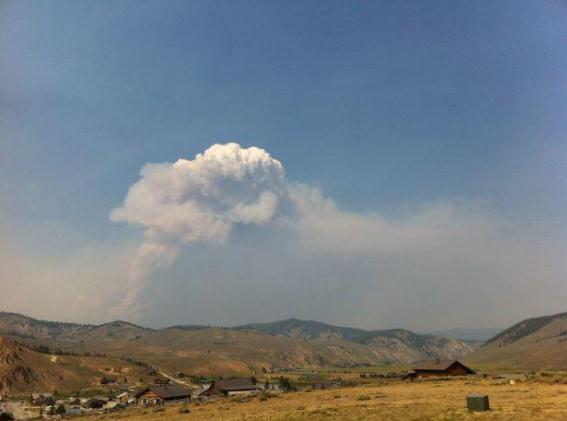




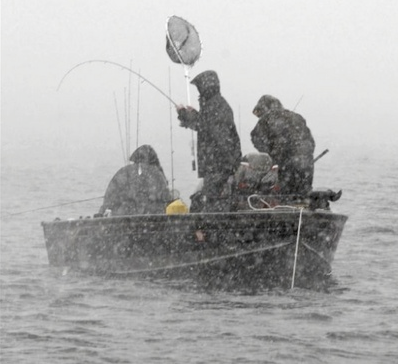

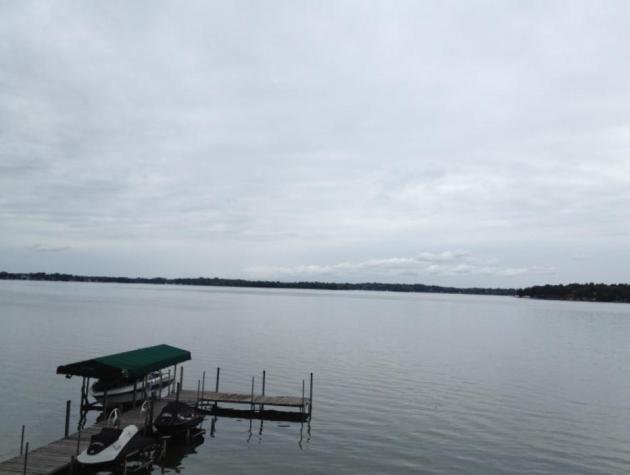

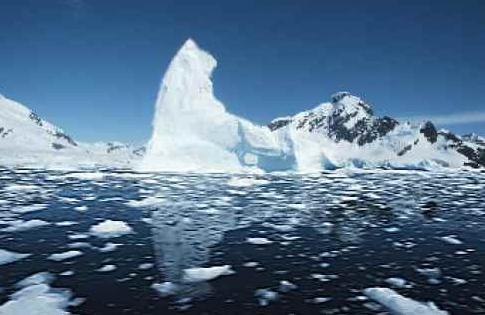


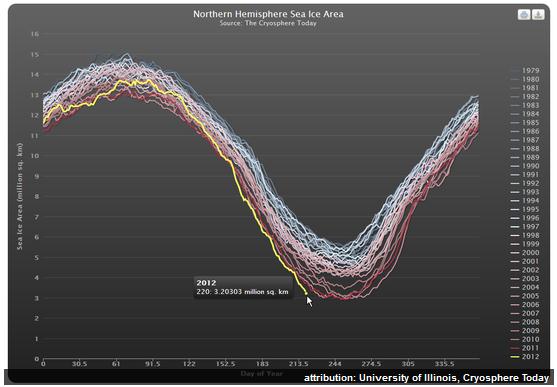
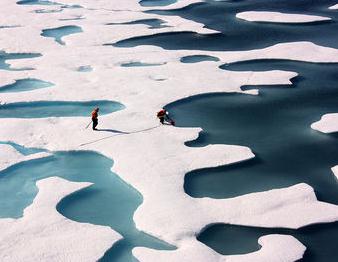
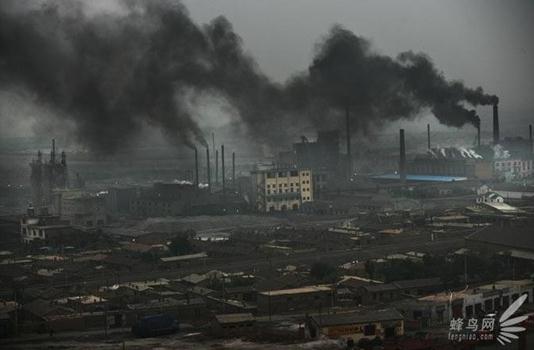
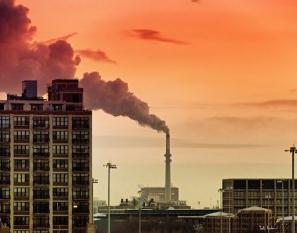
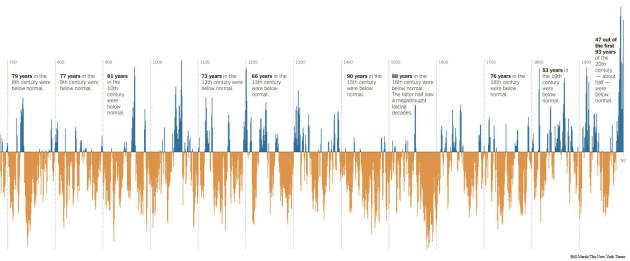
No comments:
Post a Comment